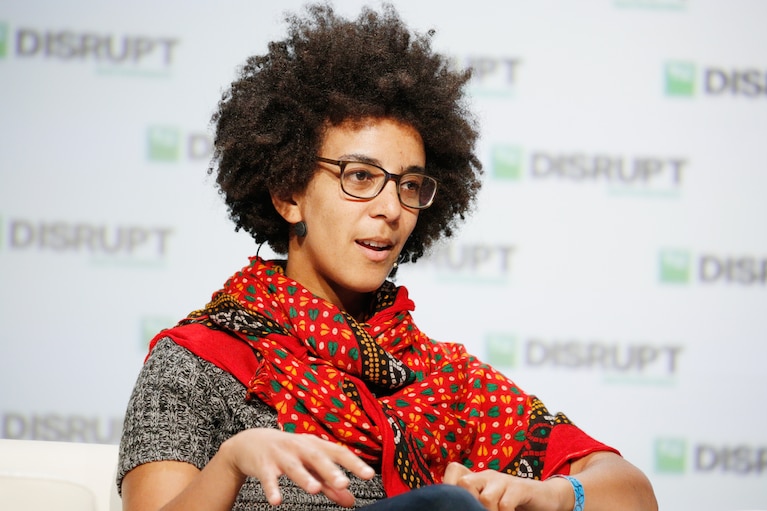Timnit Gebru says will be launching Distributed Artificial Intelligence Research Institute (DAIR) to document AI’s harm on marginalized groups.
Gatekeepers News reports that the Google-fired AI researcher, Gebru, says will be launching Distributed Artificial Intelligence Research Institute (DAIR) focused on the harms of the technology on marginalized groups.
The prominent artificial intelligence computer scientist is launching an independent artificial intelligence research institute for groups who often face disproportionate consequences from AI systems but have less influence in its development.
DAIR aims to both document harms and develops a vision for AI applications that can have a positive impact on the same groups.
Gebru helped pioneer research into facial recognition software’s bias against people of color, which prompted companies like Amazon to change their practices.
A year ago, she was fired from Google for a research paper critiquing the company’s lucrative AI work on large language models, which can help answer conversational search queries.
Her newly establishment, DAIR has received $3.7 million in funding from the MacArthur Foundation, Ford Foundation, Kapor Center, Open Society Foundation, and the Rockefeller Foundation.

“I’ve been frustrated for a long time about the incentive structures that we have in place and how none of them seem to be appropriate for the kind of work I want to do,” Gebru said.
Gebru said DAIR will join an existing ecosystem of smaller, independent institutes, such as Data & Society, Algorithmic Justice League, and Data for Black Lives. She hopes DAIR will be able to influence AI policies and practices inside Big Tech companies like Google from the outside. A tactic Gebru said she employed during her time at Google.
Even as the high-profile co-lead of Google’s Ethical AI group, Gebru said she was more successful at changing Google’s policies by publishing papers that were embraced externally by academics, regulators and journalists, rather than raising her concerns internally about bias, fairness and responsibility.
The AI expert said she hopes to use the funding to break free of the broken incentives of Big Tech, where she said outspoken researchers can be sidelined, potential harms are evaluated only after an AI system is in use and profitable AI projects; such as large language models, the subject of Gebru’s contested paper at Google are treated as inevitable once they have been deployed in the real world.
Gebru also hopes the funding will insulate her staff from the perils of academia, where researchers have to publish on a grueling schedule, and where the victims of unethical AI are not rewarded for drawing attention to its harms.
To better assist communities harmed by irresponsible AI, DAIR plans to experiment with a way to reward, pay or acknowledge research subjects.
Gebru also wants to focus on making sure research is shared with and understood by affected communities, rather than moving on to the next research topic. For example, DAIR’s first research fellow, Raesetja Sefala, has been using satellite imagery to study South Africa’s history of segregating marginalized groups to remote areas. She and Gebru are working on ways to allow people to contribute to, or correct the data set, as well as visualizations that can benefit impacted groups.






